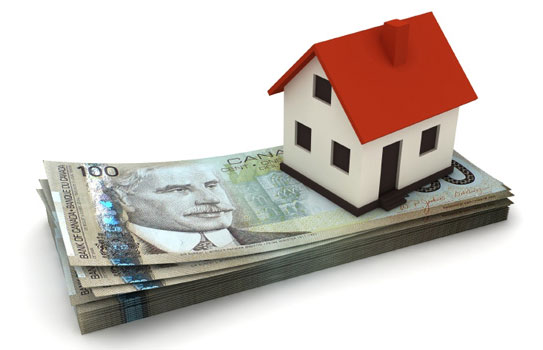 An investment property can be highly profitable if you finance it properly. Unfortunately, saving for the down payment can be the most difficult part of your investment process. Furthermore, financial institutions consider mortgages to be a riskier business, and as a result, they charge high fees and interest rates to help minimize the risk.
An investment property can be highly profitable if you finance it properly. Unfortunately, saving for the down payment can be the most difficult part of your investment process. Furthermore, financial institutions consider mortgages to be a riskier business, and as a result, they charge high fees and interest rates to help minimize the risk.
The good news is that you do not have to go through all this hassle while trying to finance your real estate investment. You can take out a home equity loan or home equity line of credit (HELOC) and use the money to finance your investment.
In the long term, your commercial property will generate sufficient income to pay off the equity loan or line of credit debt, hence making your decision worthwhile.
How Does a Home Equity Loan Work?
As the economy grows, your property value rises. The equity on your property refers to its current appraised value minus the amount that you may owe in mortgage debt.
For example, suppose your Montreal real estate broker appraises your property for $600,000, and you owe $300,000 on your mortgage, it means that your home equity stands at $600,000-$300,000, which is $300,000. You can borrow up to 90% of this amount to finance your real estate investment.
The difference between a home equity loan and a home equity line of credit (HELOC) is that a home equity loan is delivered in a lump sum while HELOC is much like a credit card account that you can only access on an as-needed basis. Home equity loans come with fixed interest rates.
Investing with a Home Equity Loan
This financing strategy does not require selling your primary residence or even refinancing the existing mortgage on it. You are simply borrowing money against the property by leveraging its equity. This can also happen with rental properties that have high equity or are owned outright.
You can borrow up to 90% of your home equity at a fixed rate. For instance, if your property is worth $600,000 and you owe $300,000 in a mortgage, you can borrow up to 0.9´($600,000-$300,000) which is $270,000.
Just like any other loan, your home equity loan takes into account your credit score, debt to income ratio, etc. Apart from having enough equity in your home, you must have sufficient income to support the payments with all of your other debt.
You should also strive to understand the risks involved before you decide to take a home equity loan to finance your investment. The major drawback is that you risk losing both your investment property and primary home if you miss payments.
Benefits of Home Equity Loans
Home equity loans offer a wide range of exciting benefits to investors. These loans have low or no closing costs, which can save you thousands of dollars.
They also have a quick turnaround time and offer the option of fixed-rate that is much more attractive than a variable rate. Additionally, the interest charged on your home equity loan is tax-deductible whereas the interest charged on an investment property mortgage is not.


